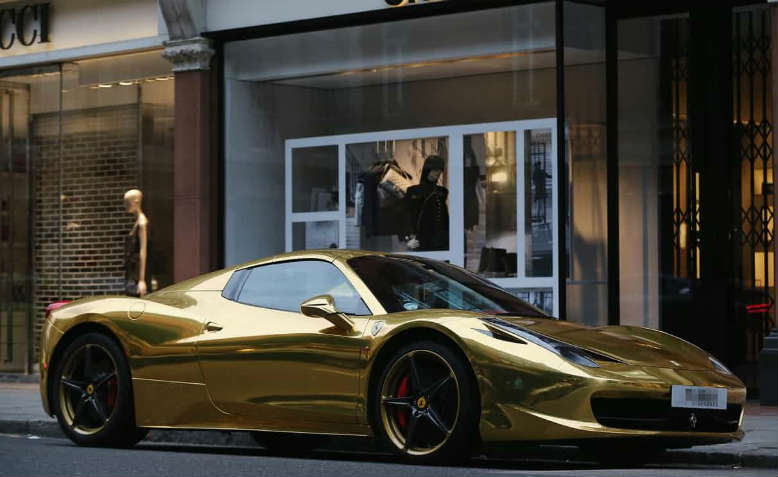 Photo: Flickr/ahhhnice
Photo: Flickr/ahhhnice
Billionaires are evidence of the grotesque inequality in society and Labour is right to say a fair society wouldn’t have them, writes Shabbir Lakha
Labour’s Lloyd Russell-Moyle MP went viral when he said in a BBC interview that billionaires shouldn’t exist, which was met with outrage by the interviewer. The statement was backed by a number of MPs, including Jeremy Corbyn, to the disdain of much of the media.
There are 150 billionaires in the UK while 14 million people live in poverty.
In a fair society there would be no billionaires and no one would live in poverty.
— Jeremy Corbyn (@jeremycorbyn) November 1, 2019
The truth is there should be nothing controversial about what he said. When you consider the numerical magnitude of a billion, it’s clear that every billionaire is evidence of gross inequality.
The median income in Britain today is £29,400. It would take the average person 34,013 years to make £1 billion. That there are over 14 million people living in poverty including close to 5 million children, while 151 people are sitting on more money than it would take the average person to earn in 34 millennia is obscene.
Emma Barnett, the BBC host’s reply to this undeniable injustice is that billionaires pay huge amounts of tax and being able to make lots of money is the incentive that keeps society functioning.
On both counts, this is entirely wrong. Because of massive subsidies, tax breaks and loopholes, billionaires end up paying proportionally less tax than working people. They also have the tools to ship their money offshore, that working people don’t. The Cayman Islands, Panama and Swiss banks aren’t filled with money belonging to ordinary people.
What’s more is that the money hoarded by billionaires is 100% of the time made from the exploitation of working people and using public services that are paid for by taxpayers. You just have to look at Jeff Bezos as a prime example – and he is an example – and not an exception. He is now the richest man in the world with a net worth of $109 billion (that’s just under 3.5 million years of wages on the average US salary). But despite this, Amazon workers work in some of the most inhumane working conditions in the world on an average salary of $28,500 a year. Last year, Amazon paid precisely $0 in tax in the US and barely anything in the UK.
Amazon’s UK operations rely on Britain’s infrastructure to conduct its business, its workers have been educated in public schools and when they get ill they use the NHS. Their menial salaries often mean they need support from the welfare system which means in essence, the British taxpayer is subsidising Jeff Bezos’ profits.
This is true for all billionaires, including Richard Branson, Alan Sugar, Mike Ashley and Philip Green. So in response to Emma Barnett’s question “why on earth shouldn’t billionaires exist?” it’s because they are the leeches on our society that symbolise the grotesque way wealth is distributed under capitalism. We don’t have poor people and billionaires, we have poor people because we have billionaires.
The idea that the rich need to be rich – and to get richer – in order for the wealth to trickle down is the centrepiece of neoliberalism and the argument that has been used to justify the growing inequality of the last 30 years.
Labour is right to raise this issue and take it head on. It is a welcome injection of class politics right at the start of the general election campaign and a direct attack on neoliberalism which will resonate with the majority of the people in the country.
Bernie Sanders in the US hasn’t minced his words when he’s also said that billionaires are a blight on society that shouldn’t exist. Labour’s path to victory lies in its radicalism and ability to articulate its vision to radically transform society, this is a good start.

